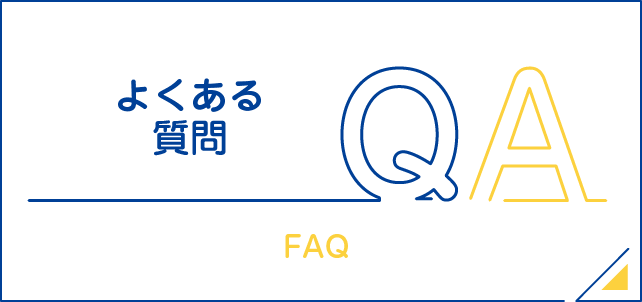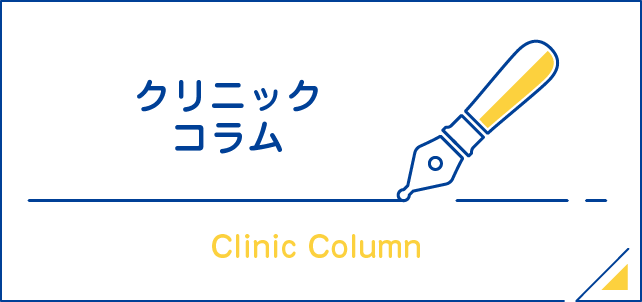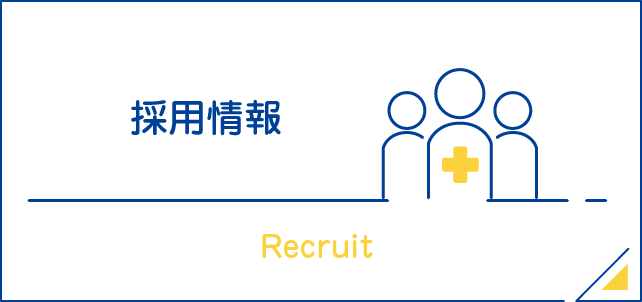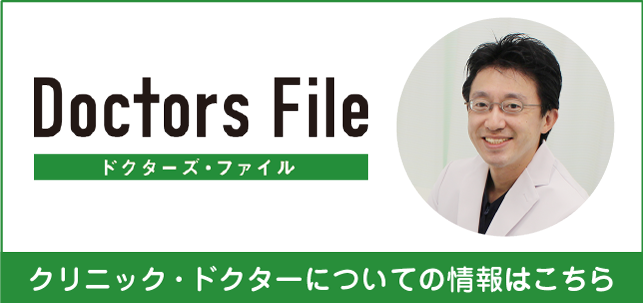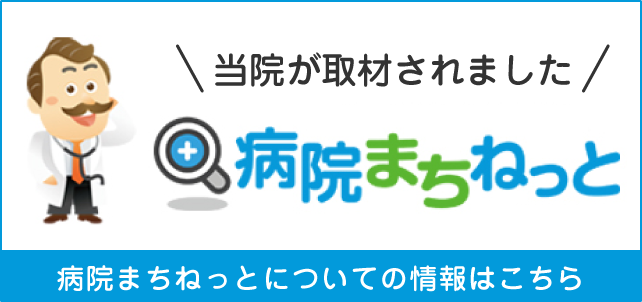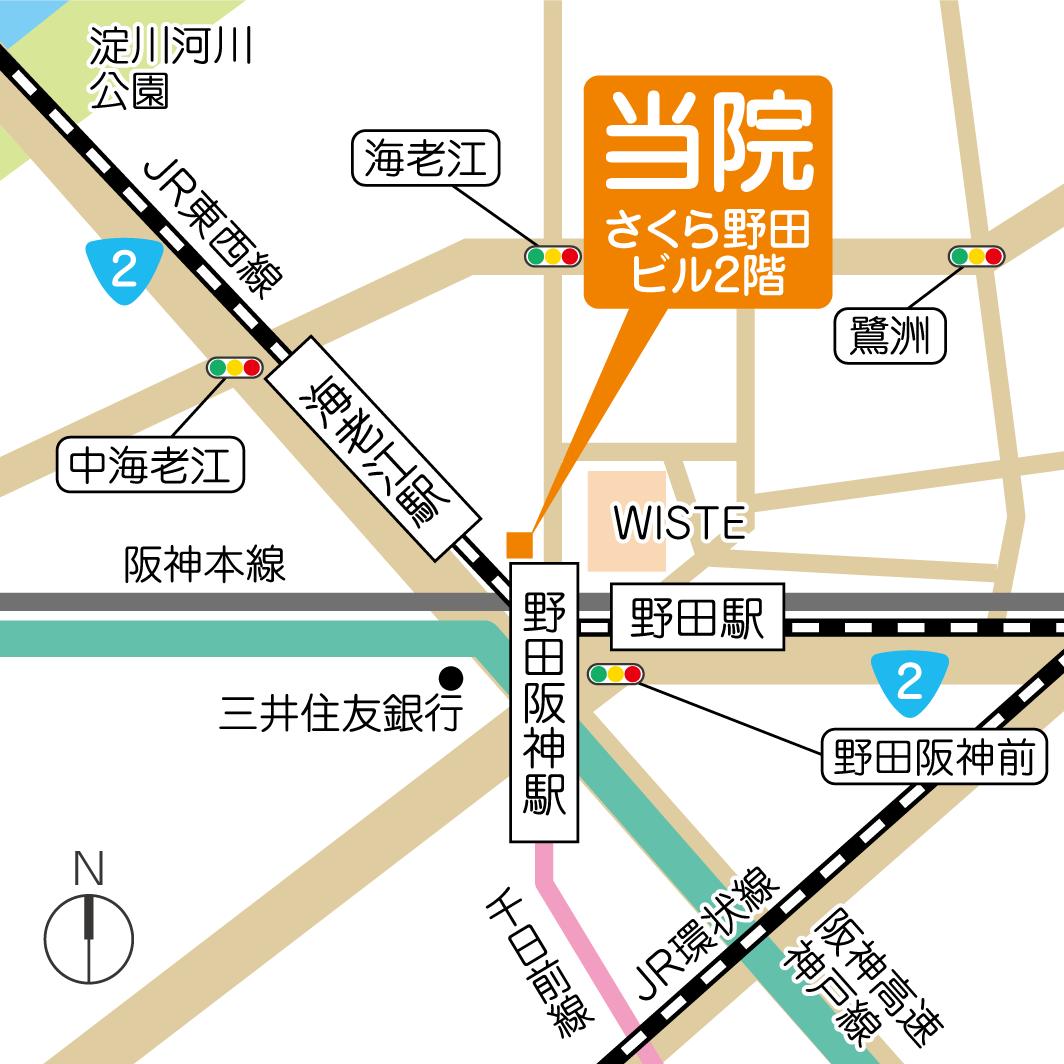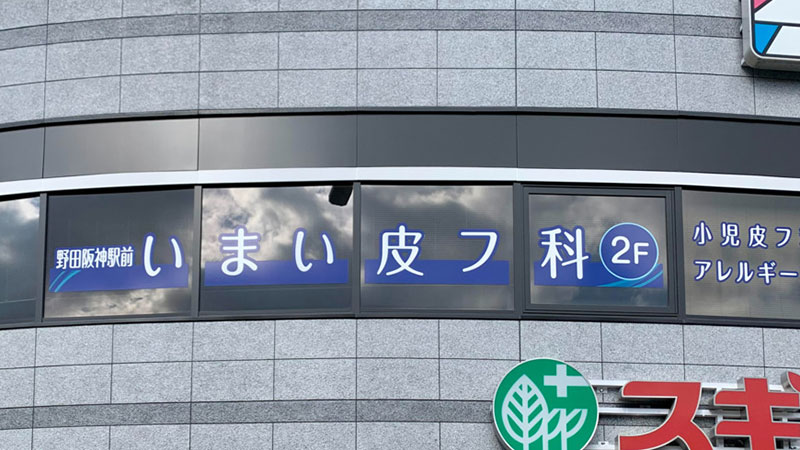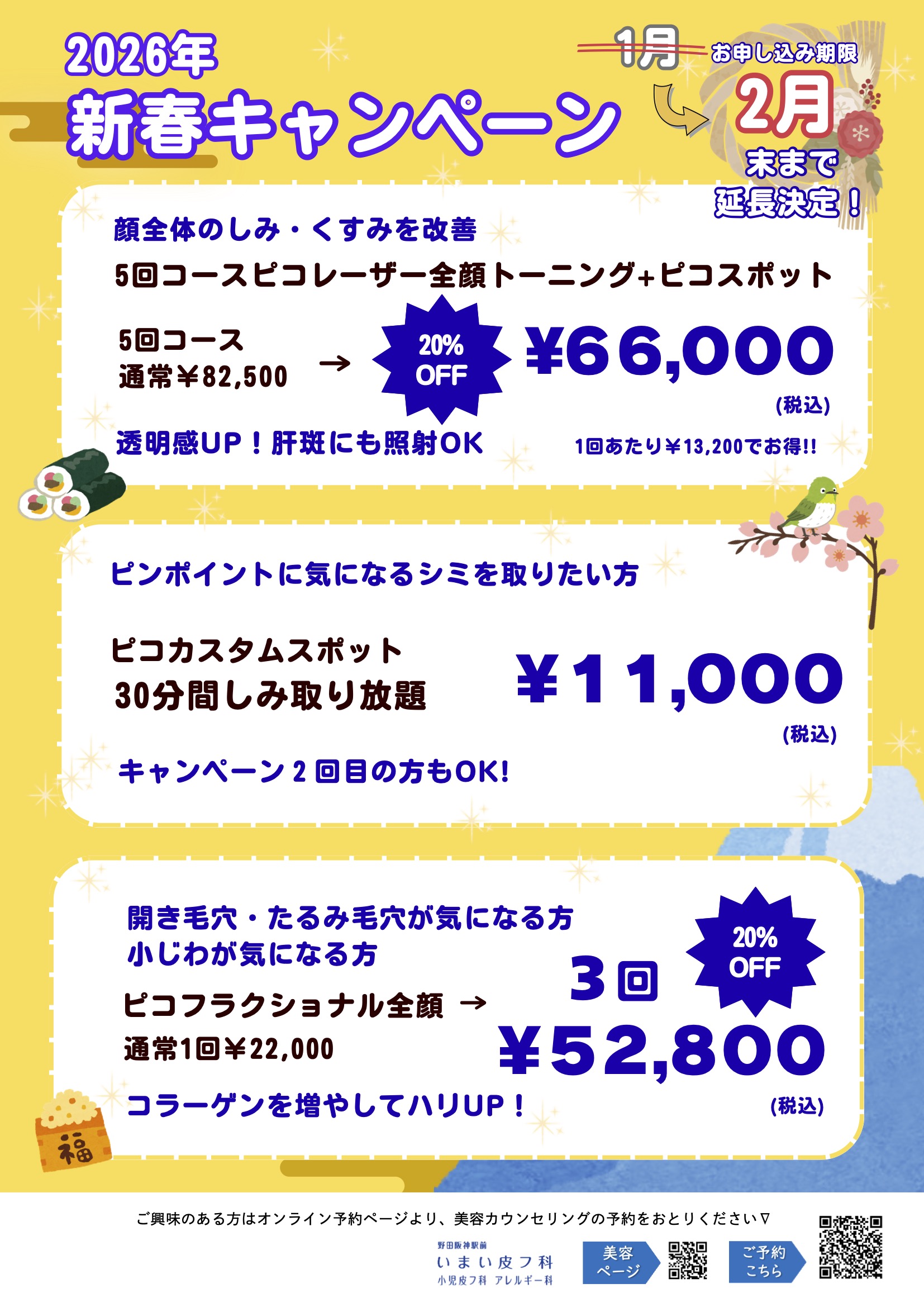Clinic Introduction
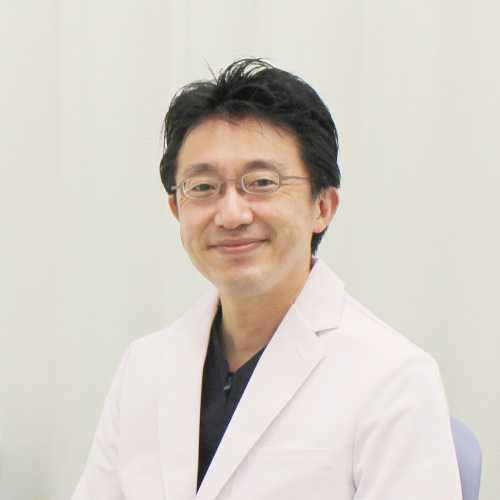
Dr. Yasutomo Imai is one of Japan’s most accomplished and experienced dermatologists. He specializes in dermatological allergic diseases. As a physician-scientist with advanced training in dermatology, he combines a strong background in immunology with extensive clinical expertise. During his time as a postdoctoral fellow in the Department of Immunology at Hyogo College of Medicine and later as an Assistant Professor, Dr. Imai successfully led several research projects and collaborated on high-impact dermatological studies in Japan (Imai Y, Proc Natl Acad Sci U S A, 20:13921-6, 2013). To further advance his research and clinical skills, he relocated to the United States in 2013, where he studied advanced treatments for psoriasis and other allergic skin conditions. Returning to Japan in 2015, Dr. Imai has since balanced clinical practice with cutting-edge dermatological research (Imai Y, J Invest Dermatol, 139:2185–2194, 2019). In 2021, he opened his own clinic, Imai Adult and Pediatric Dermatology Clinic, where he pursues his vision of providing ideal patient care. Dr. Imai is actively involved in the dermatological and allergy communities. He has served as a committee member of the Japanese Dermatological Association, a delegate of the Japanese Society of Cutaneous Immunology and Allergy, and a member of the editorial board of The Journal of Dermatology. He has also contributed as an author of guidelines for the treatment of pustular psoriasis (available in Japanese and English). Additionally, he is a member of the Japanese Society of Pediatric Dermatology, the Japanese Society of Ophthalmic Allergy, the Japanese Psoriasis Society, and the Japanese Society of Cosmetic Dermatology, and he actively participates in academic initiatives related to allergic diseases beyond dermatology. Dr. Imai also supports patient advocacy as a consultant physician for the Osaka Psoriasis Patients’ Friendship Association and as an adjunctive physician for the Palmoplantar Pustulosis Patients’ Association (PPP Community). The Imai Adult and Pediatric Dermatology Clinic welcomes international patients. However, due to the constraints of the Japanese insurance system, all medical services are provided exclusively in Japanese language. Patients who do not speak Japanese must be accompanied by an interpreter. Please note that the clinic does not offer consultations via phone or through automated interpreters or translation software.
Conditions We Treat
At Imai Adult and Pediatric Dermatology Clinic, our experienced team, led by Dr. Yasutomo Imai, provides comprehensive care for a wide range of dermatological conditions. We are equipped to diagnose and treat the following:
- Acne
- Athlete’s foot
- Atopic dermatitis (from 0 years old)
- Dandruff
- Dry skin
- Eczema
- Hair loss (alopecia areata)
- Herpes simplex
- Herpes zoster (Shingles)
- Hives (Urticaria)
- Hyperhidrosis (Excessive sweating)
- Infantile eczema
- Moles (Seborrheic keratoses)
- Molluscum contagiosum
- Psoriasis
- Rashes
- Rosacea
- Skin tags
- Warts
If you are experiencing any of these conditions or have other skin-related concerns, please contact us to schedule a consultation. Note that our services are provided in Japanese, and patients who do not speak Japanese must be accompanied by an interpreter.
For those who do not have a Japanese health insurance card (Japanese/foreigner)
We charge 30 yen per point of medical fee in consideration of preparation and administrative workload. The standard consultation fee for an initial visit is approximately 15,000 yen (excluding the cost of medicines and procedures). On the day of consultation, please bring your passport, driver’s license, my number card, or other photo identification with you to the hospital. There is a fee for an English-language medical certificate in our format (19,800 yen per copy). We do not prepare medical certificates in foreign languages other than English. Requests for the issuance of a medical certificate and inquiries about the contents of the medical certificate at a later date will be handled in Japanese only. In addition, we do not prepare documents in English other than our own format (i.e., written in a specific English format used by insurance companies, etc.). Once you start self-funded treatment, you will not be able to change to insurance treatment in the middle of the treatment. We ask that you agree to the above before you visit our clinic.
Aesthetic Dermatology Department
At Imai Adult and Pediatric Dermatology Clinic, we also offer aesthetic dermatology services on a private-pay basis.
We provide treatment for pigmentary conditions and skin revitalization using:
- IPL (Intense Pulsed Light)
- Picosecond aesthetic laser (PicoSure laser)
- Chemical peeling
In particular, we are serious about treating melasma, freckles, solar lentigines, acquired dermal melanocytosis (ADM), and other types of pigmentation and dullness.
Cosmetic surgeons are not trained to distinguish between pigmented lesions and skin cancer. For this reason, we believe that the removal and treatment of pigmented spots should be performed by dermatologists.
Our clinic’s PicoSure laser is different from conventional lasers: it offers skin-beautifying treatments with PicoSure toning that involves no downtime. Furthermore, the Focus Lens Array increases collagen and elastin in the skin, delivering powerful revitalization effects.
We offer combination courses that include both spot treatments and these advanced modalities at affordable prices.
Clinic Details
Imai Adult and Pediatric Dermatology Clinic (Nodahanshin-ekimae Imai Hifuka Shouni-Hifuka Arerugii-ka)
Address: 5-1-1 Ebie, Fukushima, Osaka 553-0001, Japan
Website: https://imaihifuka.com/
Dr. Yasutomo IMAI
Work Experience
| 2001-2003 | Resident, Mie University Hospital, Mie, Japan |
|---|---|
| 2008-2009 | Postdoctoral Fellow, Department of Immunology and Medical Zoology, Hyogo College of Medicine, Hyogo, Japan |
| 2009-2013 | Assistant Professor, Department of Dermatology, Hyogo College of Medicine, Hyogo, Japan |
| 2013-2015 | Post-doctoral Fellow, Department of Dermatology, Medical College of Wisconsin, Milwaukee, WI |
| 2015- | Assistant Professor and Department Manager, Department of Dermatology, Hyogo College of Medicine, Hyogo, Japan |
| 2021- | Imai Adult and Pediatric Dermatology Clinic, Osaka, Japan |
Education
| 2001 | M.D., Mie University Faculty of Medicine, Mie, Japan |
|---|---|
| 2008 | Ph.D., Mie University Graduate School of Medicine, Mie, Japan |
Publications
- Imai Y et al., Skin-specific expression of IL-33 activates group 2 innate lymphoid cells and elicits atopic dermatitis-like inflammation in mice, Proc Natl Acad Sci U S A, 20;110(34):13921-6, 2013
- Imai Y et al., Immediate-type contact hypersensitivity is reduced in interleukin-33 knockout mice, J Dermatol Sci, 74, 159-161, 2014
- Imai Y et al., PD-1 regulates imiquimod-induced psoriasiform dermatitis through inhibition of IL-17A expression by innate γδ low T Cells, J Immunol, 195,421-425, 2015
- Imai Y et al., Expression of IL-33 in ocular surface epithelium induces atopic keratoconjunctivitis with activation of group 2 innate lymphoid cells in mice. Sci Rep, 7: 10053, 2017.
- Imai Y et al., IL-33-induced atopic dermatitis-like inflammation in mice is mediated by group 2 innate lymphoid cells in concert with basophils, J Invest Dermatol, 139: 2185–2194,2019
- Imai Y et al., Dupilumab effects on innate lymphoid cell and Th cell populations in patients with atopic dermatitis. JID Innovations,1:100003,2021
- Nakatani-Kusakabe M, Imai Y*. Monitoring Cellular Movement with Photoconvertible Fluorescence Protein and Single-Cell RNA-Seq Reveals Novel Cutaneous Group 2 Innate Lymphoid Cell Subtypes Circulating ILC2 and Skin-Resident ILC2. JID Innovations,1:100035, 2021 (* corresponding author)
- Miyamoto S, Imai Y*, et al., Long-term Remission of Atopic Dermatitis after Discontinuation of Dupilumab. Acta Derm Venereol 2022; 102: adv00731. (* corresponding author)
- Hosotani Y, Imai Y*. IL-33-induced keratoconjunctivitis is mediated by group 2 innate lymphoid cells in mice. Allergol Int,72(2): 324-331,2023 (* corresponding author)
- Imai Y. ILC2s in skin disorders, Allergol Int, 72(2),201-206, 2023.


